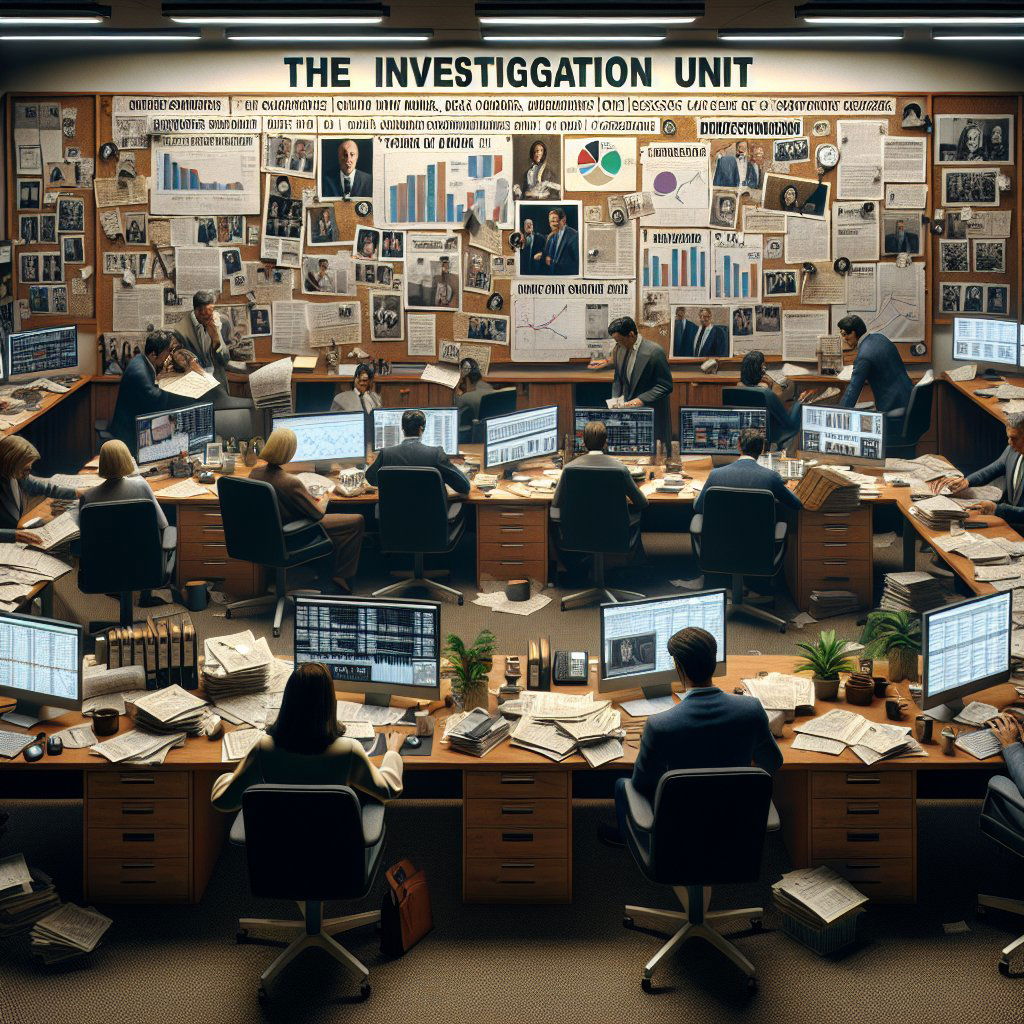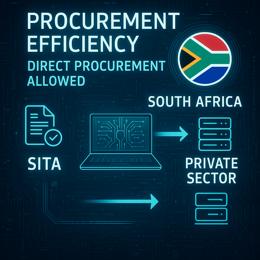Image: AI generated for illustration purposes
Whistleblower Sparks Probe into SAP's Alleged R1-billion Water Contract Corruption
The Special Investigating Unit (SIU) has launched an intensive probe into a controversial R949-million software agreement signed by the National Department of Water and Sanitation with the global software giant SAP in 2016. An anonymous whistleblower's disclosure, amplified by Julius Malema's tweet, shed light on potential corruption, kickbacks, and a series of premeditated deceptions to facilitate deal approval.
The initial whistleblower complaint suggested kickbacks amounting to R35-million—a claim that has led the SIU to seek the return of over R400-million already disbursed to SAP. The SIU and the Department fervently argue that the contracted software has not, and will not, produce any value for the department by the time the agreement culminates.
SAP's relationships with ‘business development partners’ are now under scrutiny as the SIU has highlighted an R86-million commission under obscure circumstances. SAP's history of distributing commissions—particularly a prior R100-million payment to Gupta-owned entities—has raised additional alarm bells.
The unfolding narrative reveals a pattern of deception starting with Zandile Mathe, a senior department official, who misled her superiors about the urgent need for SAP contract renewal and its costs. Despite internal opposition and procedural red flags, the deal was maneuvered into place by intensifying false budgetary claims, pressure, and promises of substantial, albeit unexplained, savings.
The business dealings with two partners, NBS Infosys and Matsei Technologies, who received lofty commissions for questionable contributions, feature prominently. NBS Infosys, in particular, is implicated in fabricating work to motivate a 14.9% sales commission. Additionally, SAP's internal correspondence suggested a familiarity with these high-stake dealings which contradicts their formal stance against prepayments and high commission thresholds.
SAP's interactions with the National Department of Water and Sanitation represent a sobering example of corporate exploitation of state institutions. With allegations of non-existent service deliverables and executive-level involvement in suspicious payments, disentangling SAP's business ethics has become paramount.
The SIU's goal is not only to recover misused funds but to impose accountability on a department that struggles to meet basic water and sanitation needs for millions. For SAP, it is a matter of addressing and redressing its place in the controversy to rebuild trust and integrity in its dealings, especially within the public sector. The case marks another chapter in the broader scenario of state capture and private sector complicity, raising deep concerns about the sanctity of government contracts and the cost efficiency of public procurement processes.










